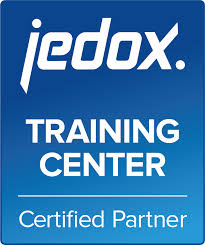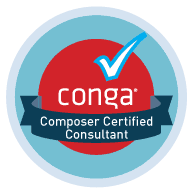Modernise your Clinical Research Projects
Simplify, Digitise & Automate
- Create projects automatically when the bid is won.
- Confidently offer multiple Billing options
- Unit Billing, Time & Materials, Milestones, Fixed Price
- Enjoy transparency and analytics across the whole solution
Business Model
Clinical Research Organizations (CROs) earn revenue by managing and leading clinical trials for pharma, biotech and related entities.
This contracting method allows pharma and biotech companies to acquire specific expertise without having to invest in a similar function staffed by their own people. It’s an outsource model.
Creating Competitive Advantage
For CROs the business processes of customer acquisition, creating and managing the clinical work as well as the activities of billing, all become mission critical.
Reducing the gaps between each of these functions and activities can support the creation of a competitive differentiator.
Top 10 Challenges for Clinical Research Organizations Today
Regulatory Compliance
Navigating the intricate and ever-evolving regulatory requirements across different countries and regions can be highly demanding. Ensuring compliance with local and international regulations is crucial for avoiding costly delays and penalties.
Data Management and Integration
Handling vast amounts of clinical data from multiple sources, ensuring data integrity, and integrating disparate data systems present significant challenges. Efficient data management is essential for accurate analysis and reporting.
Patient Recruitment and Retention
Finding and keeping participants for clinical trials is a major hurdle. Delays in patient recruitment can lead to extended timelines and increased costs, while high dropout rates can jeopardize the validity of the trial results.
Cost Control and Budget Management
Managing the financial aspects of clinical trials, including budgeting, cost forecasting, and controlling expenses, is a critical challenge. Cost overruns can affect profitability and the feasibility of trials.
Technological Advancements
Keeping pace with rapid technological changes and integrating new technologies into existing workflows can be challenging. CROs must continually adapt to leverage innovations like AI, machine learning, and digital health tools.
Quality Assurance
Maintaining high standards of quality throughout the clinical trial process is essential. Ensuring data accuracy, adhering to protocols, and conducting rigorous quality control checks can be resource-intensive.
Operational Efficiency
Streamlining processes to improve operational efficiency while maintaining high-quality standards is a constant challenge. Inefficiencies can lead to delays, increased costs, and compromised trial outcomes.
Globalization of Trials
Conducting trials across multiple countries introduces complexities related to logistics, regulatory differences, cultural considerations, and varying healthcare standards. Coordinating these aspects is a significant challenge.
Collaborative Communication
Ensuring effective communication and collaboration among all stakeholders, including sponsors, regulatory bodies, investigators, and patients, is crucial. Miscommunication can lead to misunderstandings, delays, and errors.
Risk Management
Identifying, assessing, and mitigating risks throughout the clinical trial process is essential for ensuring the safety of participants and the integrity of the trial. This includes managing risks related to patient safety, data security, and regulatory compliance.
Addressing these challenges requires a combination of strategic planning, advanced technology solutions, and robust operational processes.
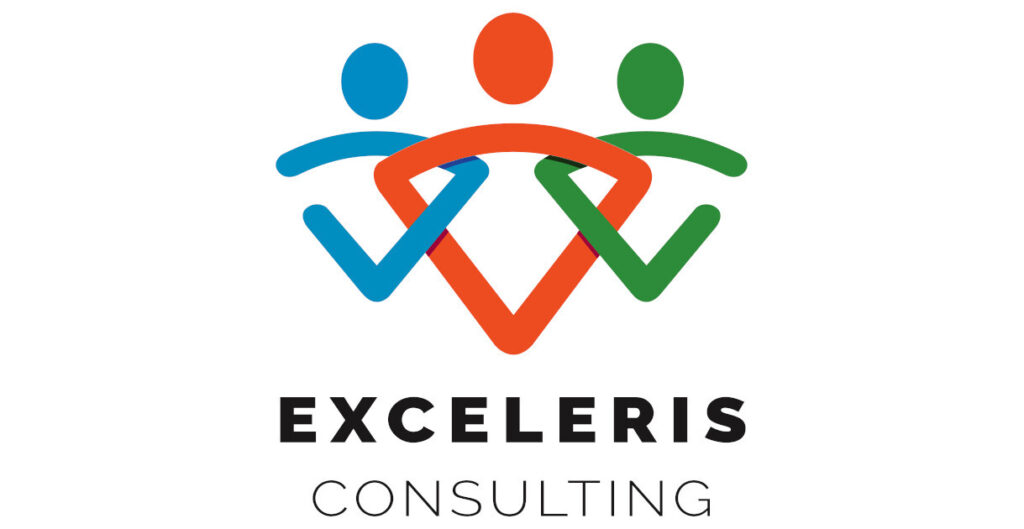
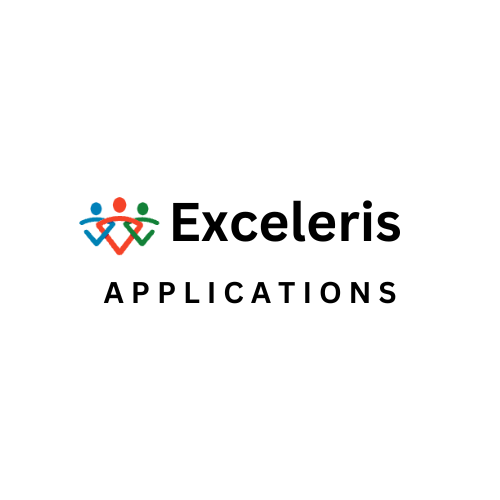

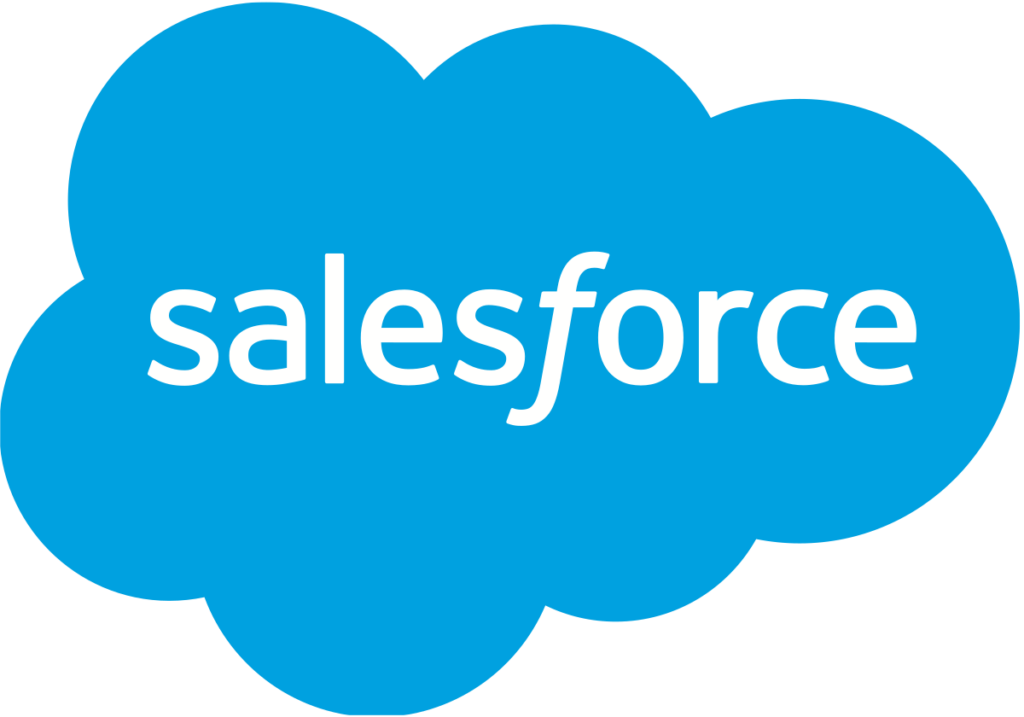
With the combined expertise from business professionals, Exceleris Consulting, together with industry specific Exceleris Applications and the Certinia PSA Cloud and ERP Cloud, Clinical Research Organisations can work swiftly towards creating a world-class business platform underpinned by Salesforce.
How to get started with us
STEP 1
Get in contact
Click here to get in contact. All you’ll need is your name and email. Feel comfortable to write as much detail as you want.
STEP 2
Callback
Once we receive your enquiry, we’ll call you back within one business day to find a suitable time for a consultation.
STEP 3
Consultation
At your initial consultation, we’ll discuss your ideas and goals and provide our custom recommendations.
STEP 4
Go time
We’ll put a full plan in place and begin designing and implementing your new custom system or solution.


